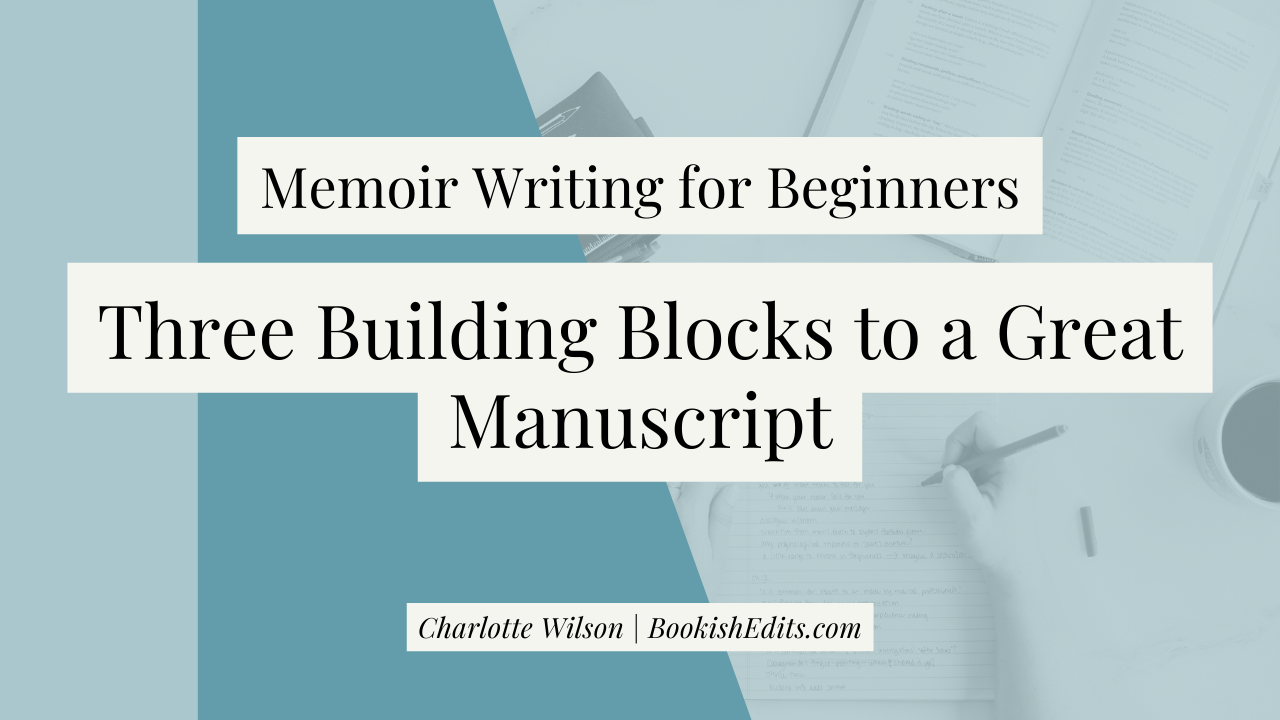Memoir Writing for Beginners
Every writer I’ve worked with doesn’t write for a living. They enter writing as intrepid beginners, equal parts excited and intimidated. They write because they want to share their story, and they write because in the writing they find clarity, connection, and healing.
But how do you even start writing? What comes first? To someone who hasn’t written much before, the prospect of starting can be daunting. I’ve boiled down my process into three sections so that you can start today, gain some traction, and keep writing.
Figure out your story
If you haven’t started writing yet, start here. If you have started writing already, pause, and start here.
To write a compelling memoir, you have to know what it’s going to be about. A memoir differs from an autobiography for the central reason that a memoir tells a specific story from a specific moment or perspective, while an autobiography is more of an overarching account of a life. If you’re here to write a memoir, then you need to know the story that you want to write. To figure out if your idea has the bones to be a memoir, take it through these hoops:
Choose a focus. What is the story you want to write?
Choose a reader. Who will be reading your story?
Choose a message. What do you want your reader to take away from your story? Why should they care?
When an idea can pass mark those three boxes, you’re well on your way to crafting a memoir that people will want to open and keep reading.
Lay out your process
Once you have that foundation for your story, then you can move into the actual structuring and writing. If you already have some of your memoir written, now is a good time to take it out and experiment with the structure. The best way to play with the structure of your memoir is to write out the main events or stories onto notecards and physically move them around, paying attention to how they talk to each other. Remember that a memoir doesn’t have to be presented chronologically! Get creative and challenge yourself to look at your story in new ways.
You’ll also want to build out your characters. Just because you know your characters inside and out doesn’t mean that your reader will feel that same sense of familiarity. Decide how you want your reader to know your characters and note the most important aspects of those characters that you need your reader to understand. Much of memoir writing overlaps with tools and devices used in fiction—take advantage of that overlap!
Keep writing, or start if you haven’t yet. This is where your foundation will support you well as you start to write and make your memoir come to life.
Wait to edit
Many memoir writers I work with are afraid of hurting feelings or going too dark or detailed with their trauma (some are even afraid of potential legal ramifications!). Don’t spend time or energy worrying about those elements—yet. You will want to explore how you portray certain people and examine how that could affect your in-real-life relationship. You will want to critically choose how to write about trauma and darkness. You will want to cover your butt legally.
But you don’t have to do any of that just now.
Tending to those concerns too early in the writing process will more than likely provide convenient excuses for procrastination. You can’t edit a page a blank page, so start now and edit later.
What I want you to remember
My whole heart is with you writers. After you navigate away from this page, I want you to remember two crucial truths:
You have a story to write—truly.
Your story is yours and yours alone. Imposter syndrome can creep in so easily, and we don’t want that headspace to stick around or derail your progress. Your story matters, full stop. The world needs your story, full stop. Your story is yours waiting to be written. You’ve got this.
2. You are fully capable of writing your story.
So many writers hesitate to call themselves writers. But guess what? If you want to write, you’re a writer. Maybe you’ve written off and on for a long time and just now are ready to take this skill to the next level. And maybe you don’t have any idea what you’re doing yet—you’ll learn how. You’re smart, you’re curious, you know how to learn what you want to learn.
I’m here to help you wherever you are in your writing journey. I’m here to cheer you on, give you perspective, and edit your work so that it can be the best version of itself.
You’ve got this, friend.


